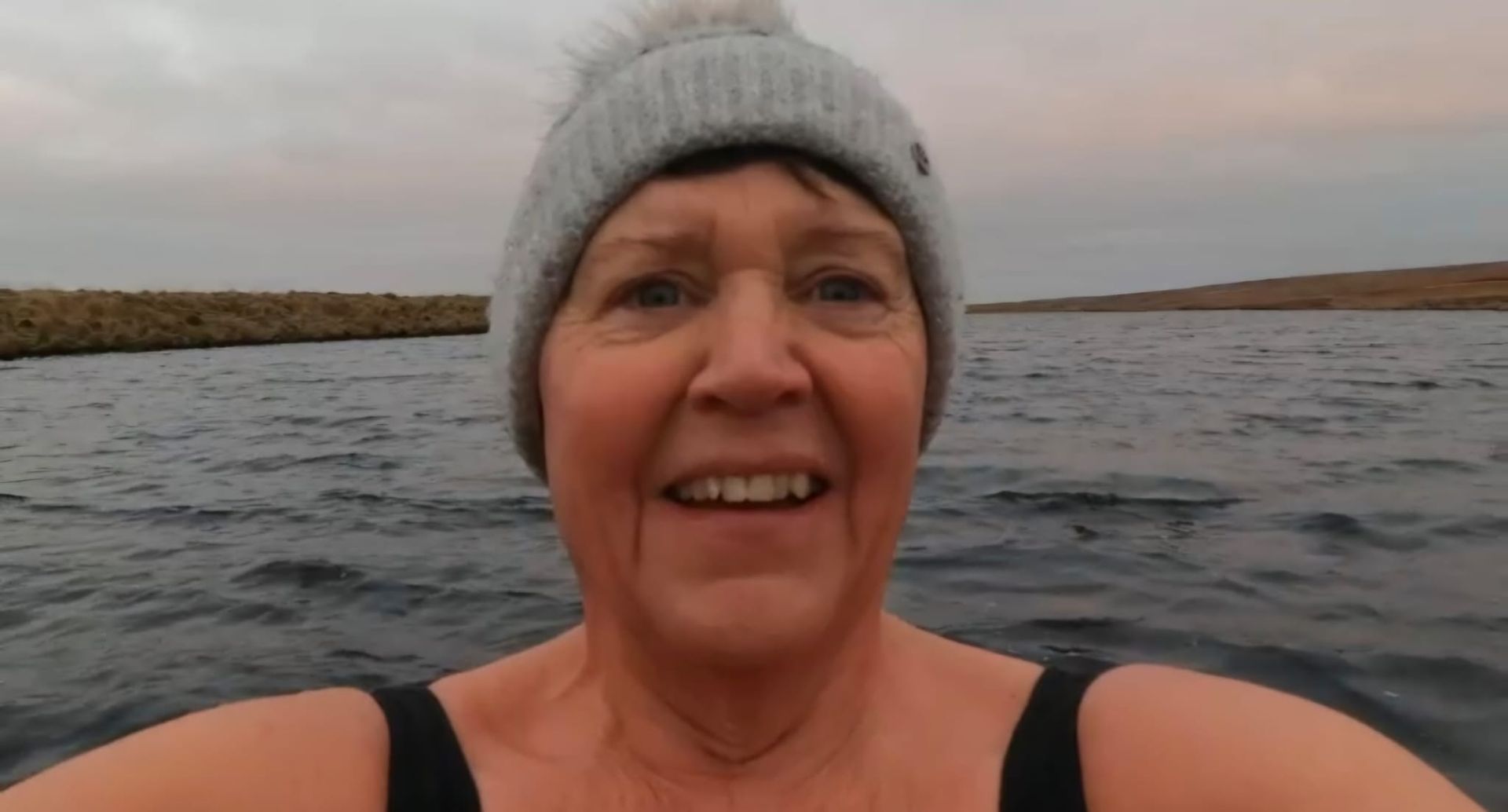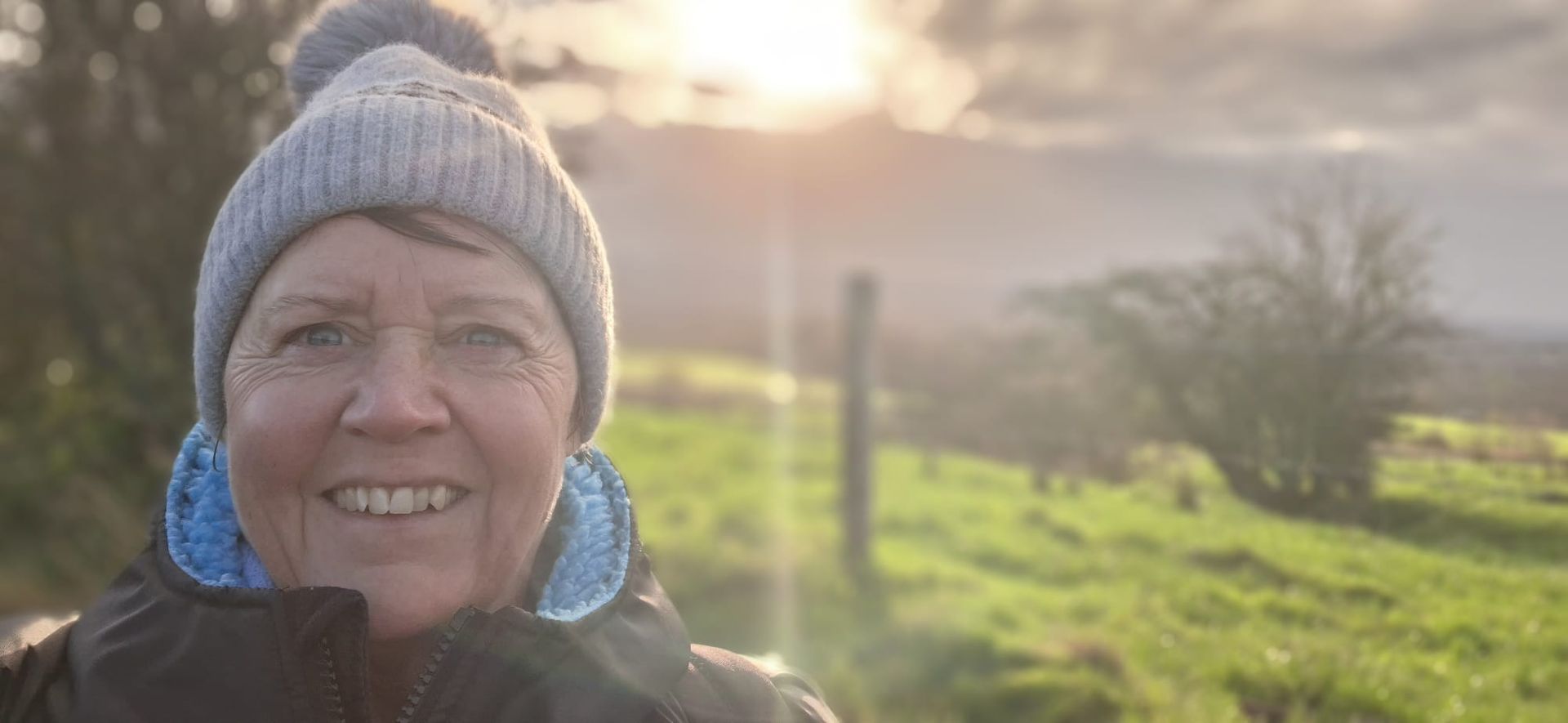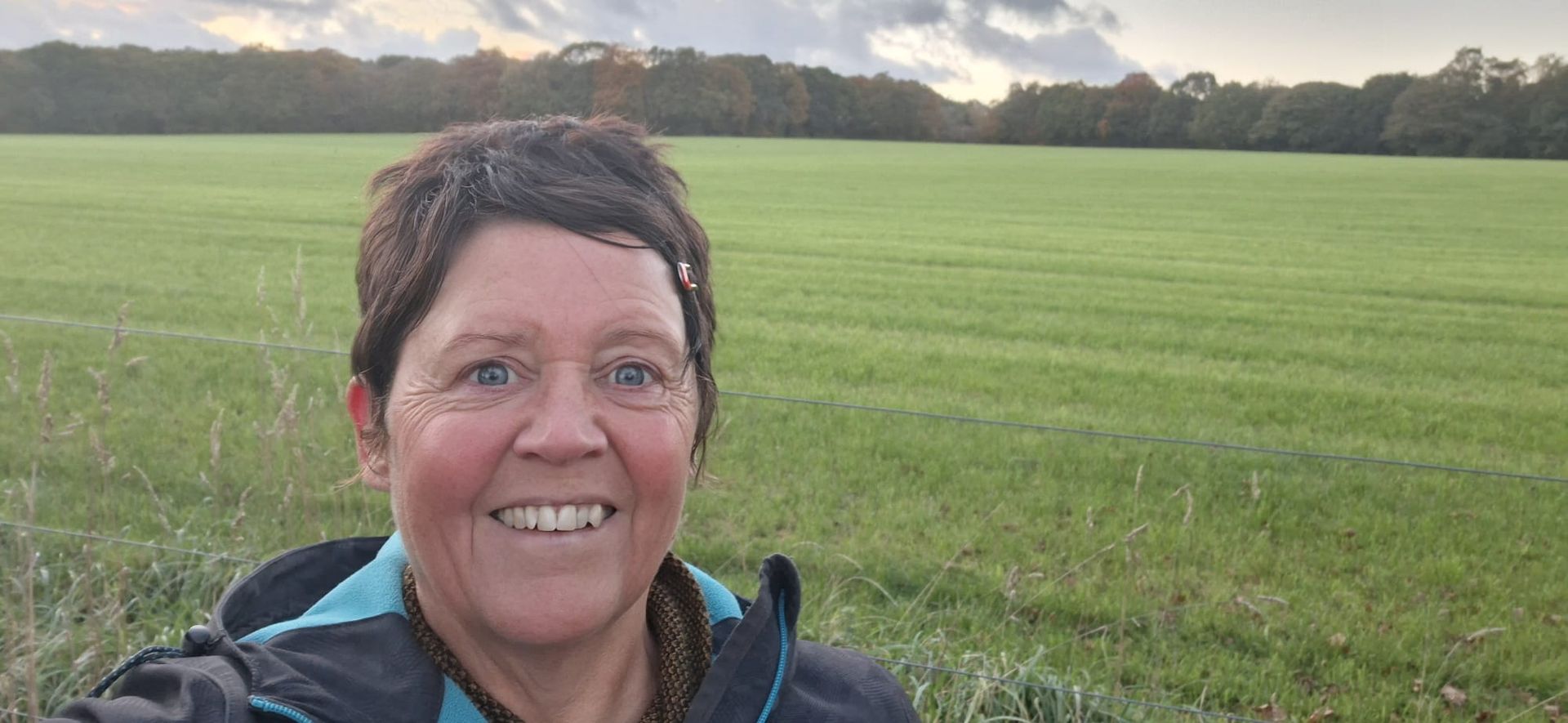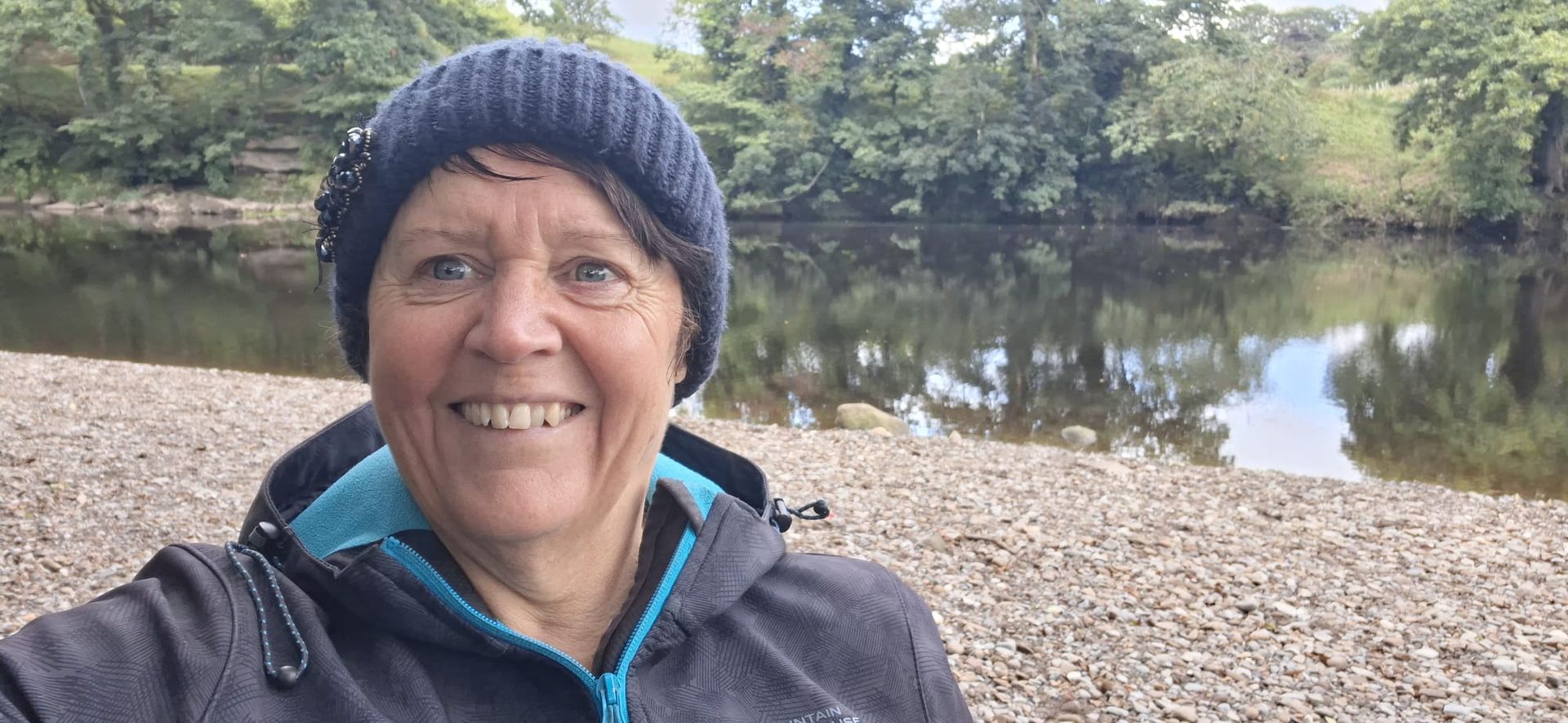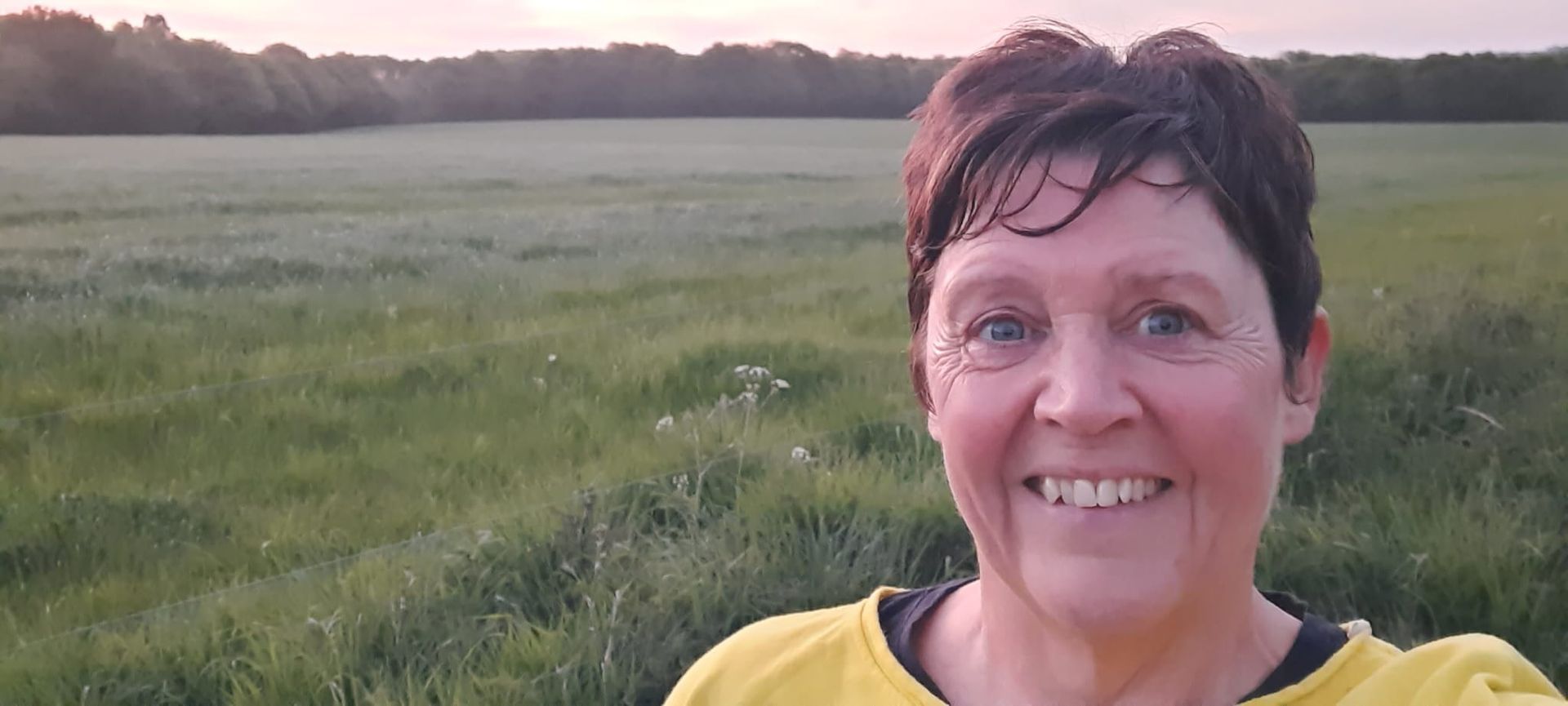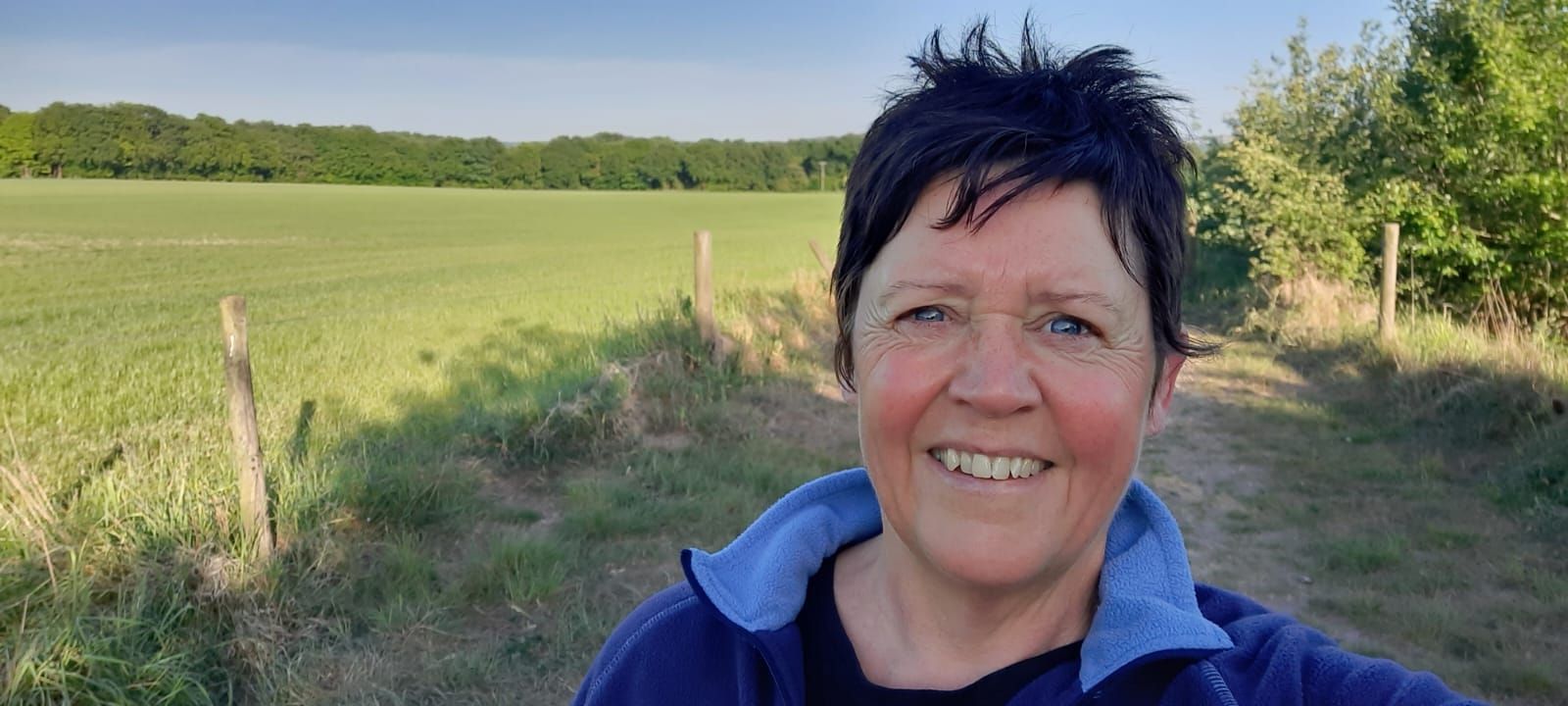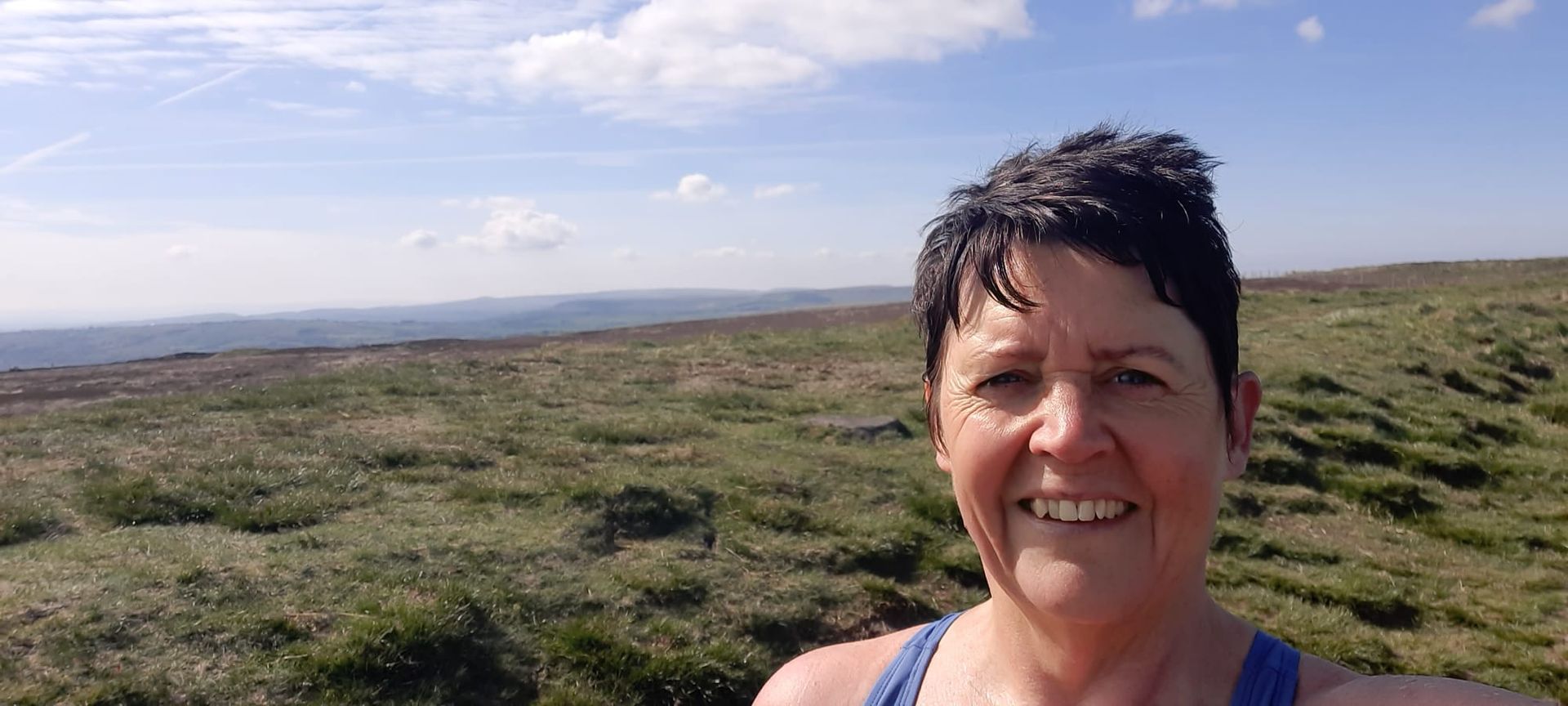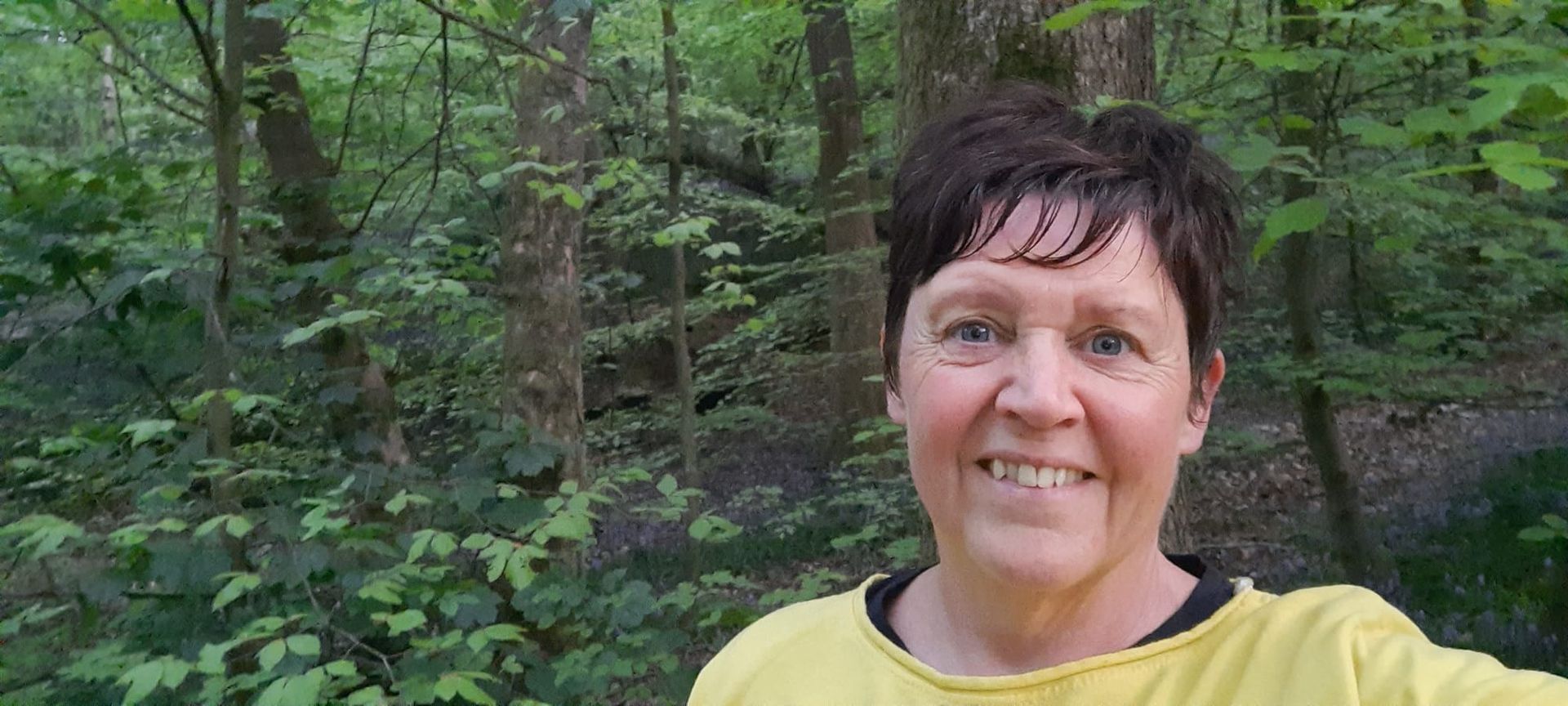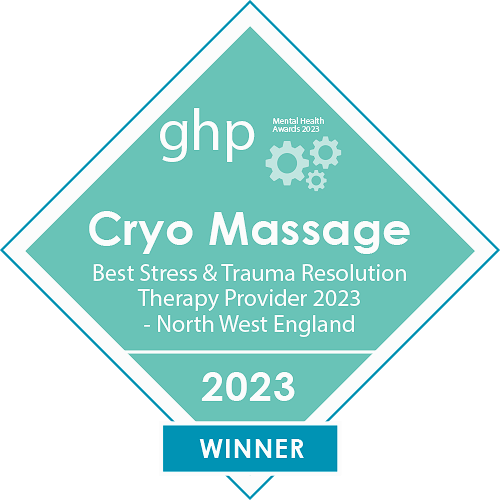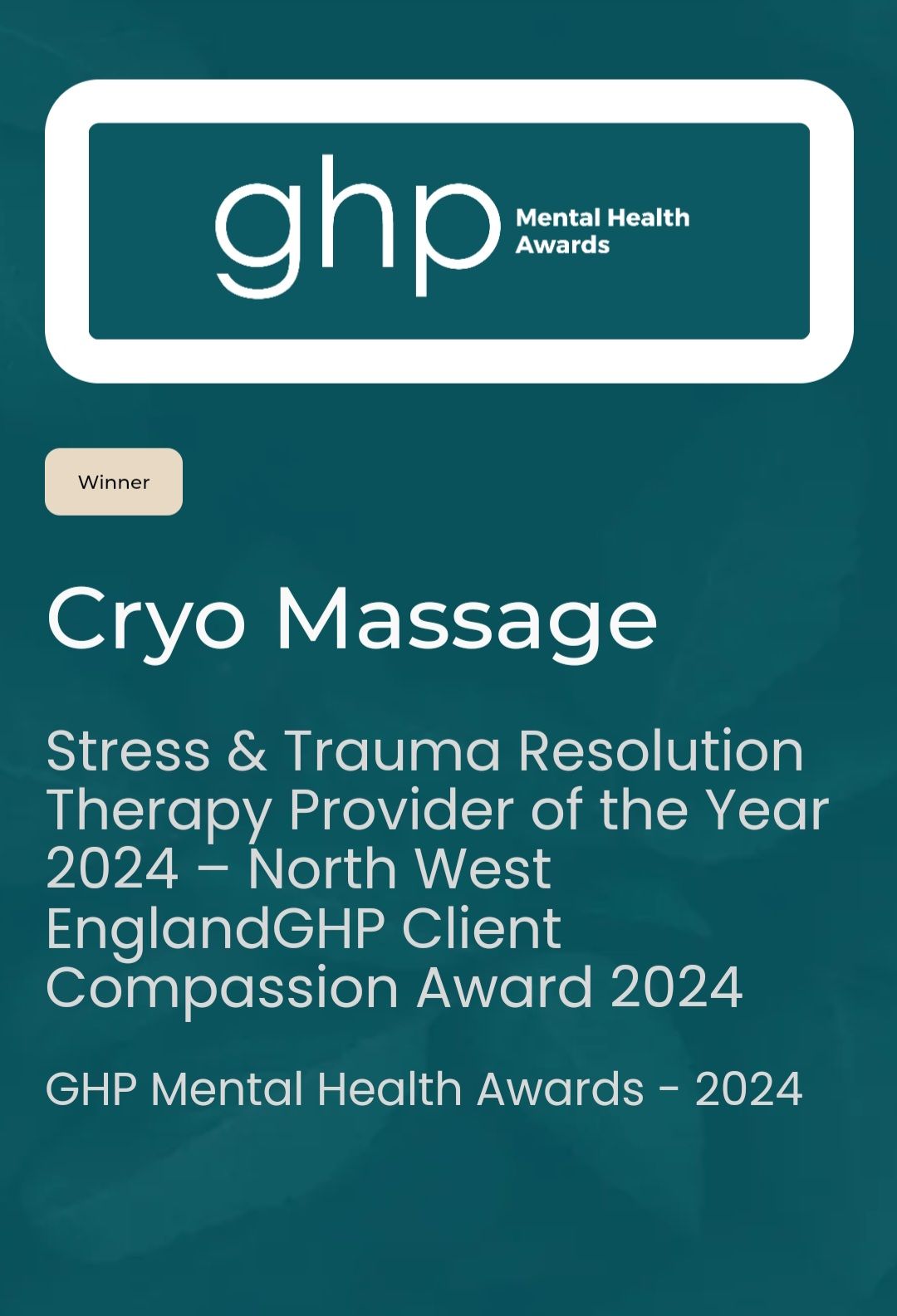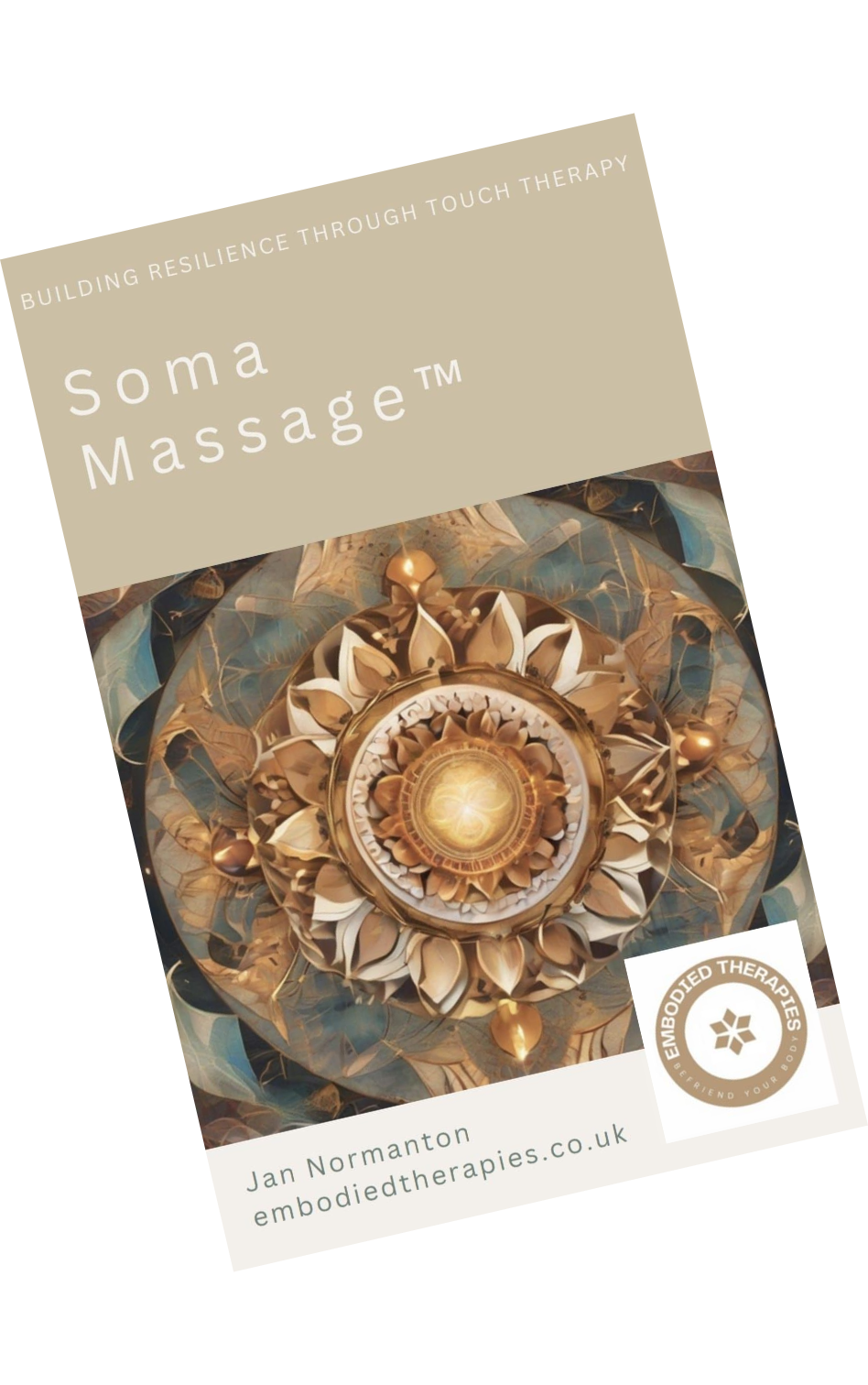What is emotional regulation and why does it matter during Covid19?
Jan Normanton • May 30, 2020
How much attention do we pay to our nervous system? How emotionally regulated are we and what does this mean?

We may all understand the significance of good healthy nutrition, regular exercise to keep us fit and healthy, endeavours such as meditation and mindfulness to keep our stress at bay, puzzles to keep our brain active and well as we age, however how much attention do we pay to our nervous system? How emotionally regulated are we and what does this mean?
By being in a good state and emotionally regulated, I am referring to my nervous system state. The sole purpose of our nervous system is to keep us safe and alive, and so is vigilant at all times about any sign of threat. How we manage stress in our daily lives under normal circumstances is personal to us all, however under the current unique circumstances, it is worth pointing out that our nervous system may be taking a battering, may be on high alert continuously and may therefore need our attention!
Our nervous system sends signals from our body to our brain about our internal state, which then sets off chemical responses from the brain, to prepare our body for the appropriate action. The chemicals released, based upon the messages sent from our body, will direct our thoughts, feelings and actions.
The messages from our nervous system signal either safety or danger and are triggered in many ways.
When we feel safe, generally we feel good, sociable, ‘ourselves’, all is well in our world. Based upon these positive messages from the body, the brain will instruct the release of appropriate chemicals and we’ll enjoy positive thoughts, good feelings and generally act accordingly. We get on with our lives feeling fine, purposeful, resilient.
The opposite is also true. If our nervous system feels under threat and signals this to our brain, different chemicals are released into the body to mobilise. These chemicals prepare our body to fight or to flee – the hormones adrenaline then cortisol are released into the bloodstream which raise our blood pressure, increase our heart rate, cause us to shallow breathe and divert our blood away from our core organs and intestines to our muscles, in readiness to take action to avoid the danger.
We may be in real danger and we may not. Significantly our brain does not know the difference between real threat and perceived threat. The same chemical reactions take place in the body, whether we are in real danger and someone has just cut us up on the motorway and risked a real accident for instance, or, whether we are watching our favourite soap opera and feeling drawn into the drama or hearing some bad or sad news from our neighbour about which we sympathise. Note the significance of this.
The body reacts in the same way, whether we are in real danger, or whether the brain perceives there to be danger. It releases the same stress chemicals.
If we are unable to flee or fight our way out of the situation, the body can then go into freeze mode. Essentially this is the body preparing for death. We feel powerless to evade the situation and the body prepares itself to die by shutting down our organs and systems. This can feel like depression, overwhelm, or withdrawal from others.
Generally we can work off these chemicals with little impact on our health. Indeed, we shift throughout the day between being in a state of ‘safe and social’ – when the nervous system feels safe in the absence of any real or perceived threat and all is well. We also drop into the ‘fight, flight’ nervous system state often, and this is fine – we need a bit of adrenaline to mobilise us, to get up in the morning, take action and get on with our lives!
The problem arises when we get caught up in a more permanent state of ‘flight, fight’ or ‘freeze’. If our nervous system continues to send such messages of threat to the brain, the brain sends the appropriate signals to the body to continue to release the chemicals adrenaline and cortisol, and with continuous production of these chemicals coursing round our body, the medium and longer term effects are negative, notably:
• Lowered immunity, meaning we can get sick quicker and more often, then find it hard to recover from illness.
• Impaired functioning of our internal organs over time.
• Inflammation which causes all sorts of unpleasant and unhealthy symptoms for us, at physical, mental, energetic and emotional levels.
The body is under stress and overwhelm, and common symptoms you may be experiencing at the moment might include:
• Physical –back pain, teeth grinding at night, painful joints, migraines, stomach problems, high blood pressure
• Mental – anxiety, insomnia, excessive worrying, difficulty in concentrating/remembering/decision making, drug use, drinking, smoking
• Emotional – depression, overwhelm, hopelessness, fearfulness, anger
• Energetic – lethargy, heaviness, lack of activity or the opposite: hyperactivity, restlessness, over activity.
We are living in unprecedented times and well out of our comfort zones during Covid19. Our nervous system may well be feeling overwhelmed, afraid, anxious in general, and this in itself causes emotional disregulation.
Crucial for now in particular therefore is to focus on bringing our internal state back into a safety, whenever we feel any sense that we are not. We do have control over how we feel, and we can bring ourselves back into emotional regulation.
It is easy to slip into a state of anxiety, simply by listening to and watching the news, and listening to bad news stories from our friends and family. Endlessly scrolling on social media is another sure fire way to become anxious, even though we may use this to try to distract ourselves from the sense of overwhelm and find some peace of mind or to make sense of this unfathomable situation.
It is important to recognise that all of these feelings and reactions are completely natural and normal under the current circumstances. Our nervous system is simply doing its job.
It is how we choose to react to these signals from our body that is key; whether we go down the one rabbit hole resulting in the above debilitating symptoms, or whether we choose to recognise what is happening, assess the situation (are we really in danger in this moment?), take control and manage the situation as best as we can. While we have no control over world and even local events, which is pretty horrendous in itself as we are used to having control and managing our lives and our selves and our families well, we do have control over how we manage our nervous system state.
We can opt to engage with the media hype, the news, the conspiracy theories, or we can choose to nurture and nourish ourselves with positive action that will de-stress us and build our resilience. Finding what brings you a sense of peace of mind and physical wellbeing will grow your resilience to support you at this time plus stand you in good stead for a life over which you have agency and can feel you direct.
Epictetus was a Greek philosopher who died in 135 AD and his famous quote ‘It’s not what happens to you, but how you react to it that matters’
has stood the test of time and worth considering under our current circumstances.


